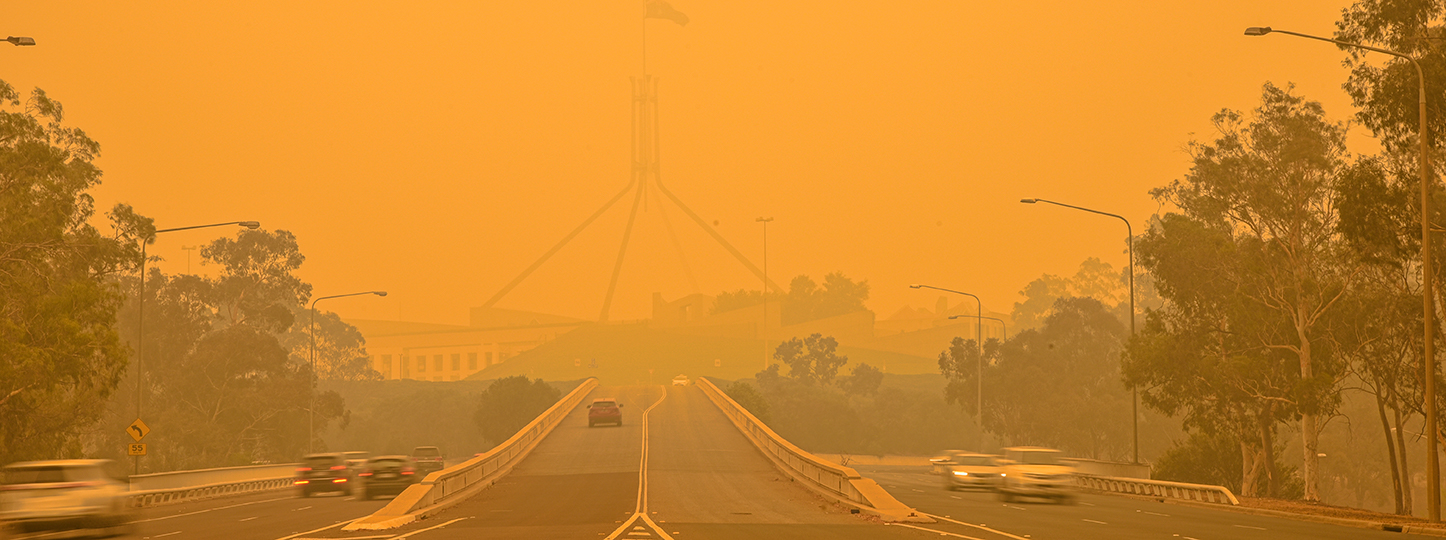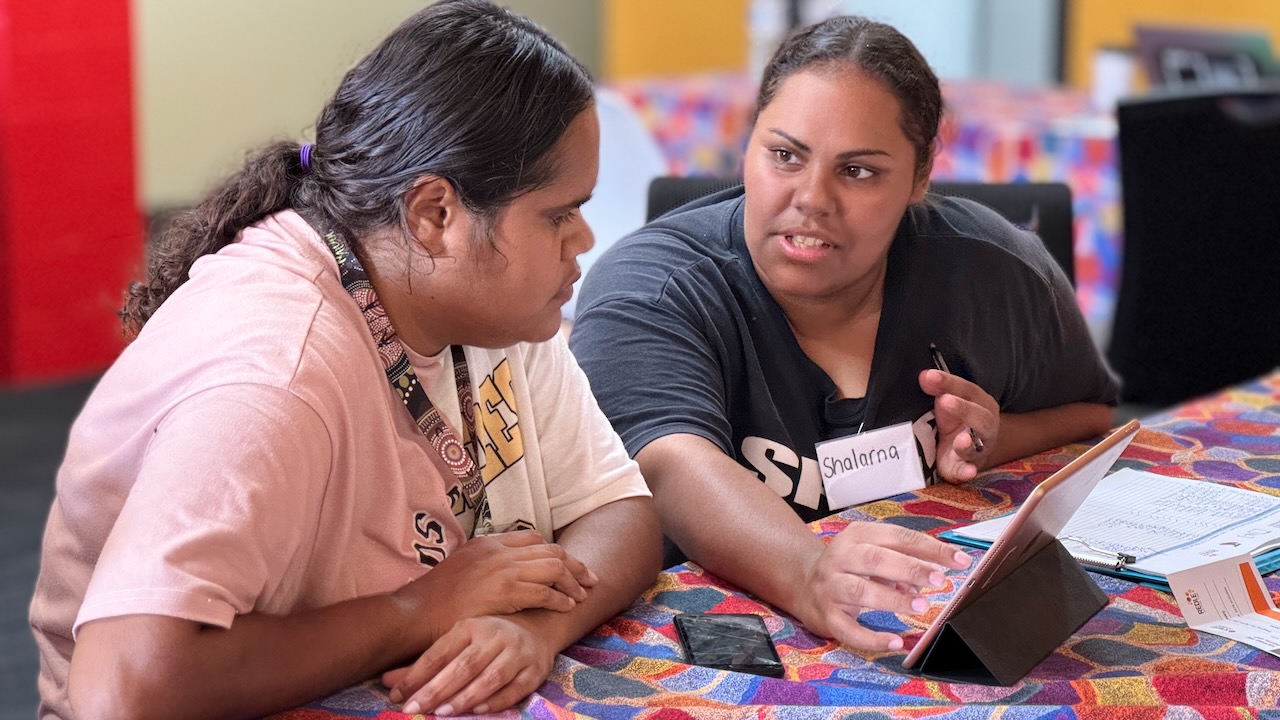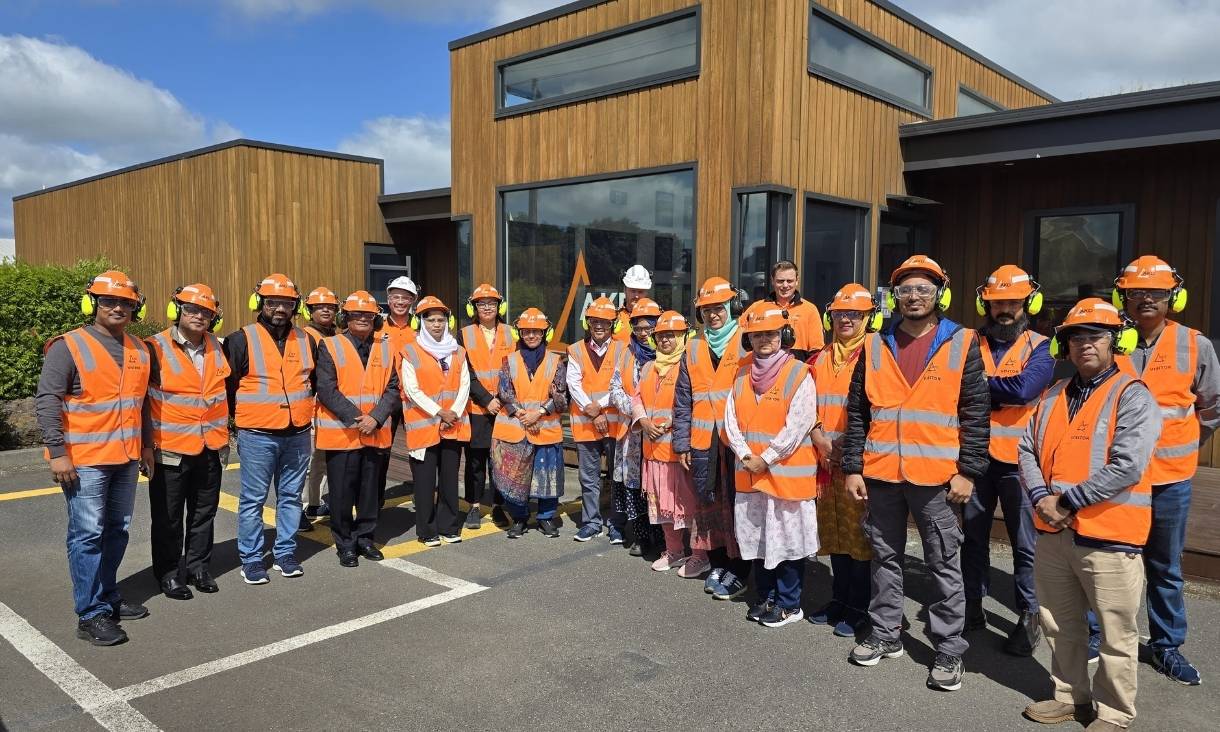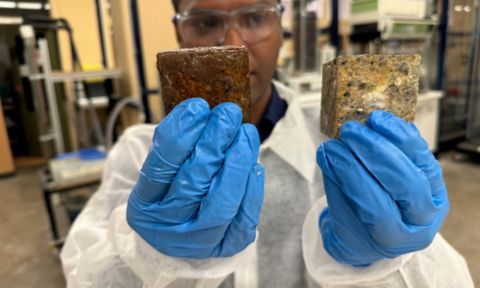Last year’s devastating Black Summer bushfires saw an estimated 18,000,000 hectares of area burnt, more than 3,500 buildings destroyed, and tragically 34 lives lost.
Historically, the Sunraysia community was sheltered from the tragedies of the bushfires season because of its flat geography.
But in November 2019, the town of Mildura was put under code-red alert.
RMIT research assistant and alumnus Rachael Vorwerk, who hails from the region, was confronted with the new threat to her hometown.
“My Dad was in Mildura when I heard the town was on code-red standby, so I called him and made him promise to leave the property,” Vorwerk said.
“Dad said he’d leave, but it was a real wake-up moment for me, I thought, gosh, is Mildura a bushfire-prone area now?”
Vorwerk became driven to help Australians be better prepared for the worsening bushfires in the future.
She enlisted the help of Danielle Teychenne and Dan Steen to create FireThrive – a social enterprise that develops interactive experiences and tools to build resilient and thriving bushfire-prone communities.
Their first tool is an online quiz and behaviour change campaign based on research conducted at RMIT by Dr Ken Strahan.
Strahan’s research analysed data from 457 households who had recently experienced a bushfire and identified seven archetypes that Australian households fall into according to their attitudes and responses to bushfires:
- Threat Denier: Those who deny a threat exists
- Responsibility Denier: Those who do not believe that they are responsible for themselves
- Dependant Evacuator: Unable to take responsibility for their safe evacuation
- Considered Evacuator: determined to safely evacuate
- Community Guided: those who look to advice and guidance from their community
- Worried Waverers: those who make considerable efforts to remain but are concerned they lack the experience to do so successfully
- Experienced Independents: those who are experienced with bushfire, self-reliant and well prepared and are committed to remaining.
The FireThrive team have created a personality test underpinned by this research that determines which category people fall into, tells them their strengths and weaknesses, and offers tailored advice on how to address the limitations.





